The rise of AI-generated music has revolutionized the way businesses, artists, and content creators access high-quality soundtracks. However, this innovation also brings growing concerns about copyright infringement.
Several popular AI music generators—such as Udio, Suno, and others—have reportedly trained their models on copyrighted material without explicit permission. For users, this presents real legal risks: music created using these tools could be flagged, demonetized, or even removed for violating copyright laws.
How SOUNDRAW’s AI Works
SOUNDRAW uses artificial intelligence to assist with music composition. Its core feature is an AI-powered songwriting tool that generates original music based on user input. Users can guide the AI by specifying parameters like mood, tempo, and instrumentation to create songs tailored to their preferences.
This ai music generator offers a wide range of genres, including jazz, electronic, and rock, among others. Users can define the emotional tone of a piece by selecting moods such as upbeat, melancholic, or energetic. Once inputs are submitted, the AI generates a customized beat based on the specified length, genre, and mood.
Copyright Infringement and the Legal Landscape
The emergence of AI in music creation has sparked several significant legal challenges. These cases are beginning to shape the legal boundaries of AI-generated content.
Currently, Udio and Suno are facing major lawsuits from the Recording Industry Association of America (RIAA) for alleged copyright infringement. These companies are accused of using copyrighted recordings to train their AI models without permission. Major music labels involved in the litigation include Warner Records, Sony Music Entertainment, and Universal Music Group.
The RIAA is seeking damages of up to $150,000 per infringing work, along with injunctions and formal declarations of infringement. The organization maintains that AI developers must respect the rights of artists and avoid using copyrighted material without authorization.
Courts have already begun rejecting the “fair use” defense in similar cases, finding that AI-generated works can be too derivative of the original copyrighted content. These rulings are likely to set important precedents for how AI-generated music is treated under copyright law. The outcomes could reshape the landscape of creative rights, licensing, and compensation in the digital era.
Why SOUNDRAW Stands Apart
Unlike many AI music generators on the market, SOUNDRAW uses a model trained exclusively on in-house data. This approach eliminates the legal gray areas associated with copyrighted training material and ensures that the music it produces is safe and original.
- No Copyright Infringement: Every rhythm, melody, and note is generated from scratch using only original training material.
- Safe for Monetization: Users can confidently use SOUNDRAW-generated music in YouTube videos, advertisements, films, and other commercial projects without worrying about takedowns or strikes.
- Clear Legal Ownership: Users are granted full rights to the music they create, enabling long-term use without legal ambiguity.
Because its AI is trained entirely on proprietary sounds and samples, SOUNDRAW offers a level of legal transparency that most other platforms can’t guarantee.
Producing Music Ethically and Legally
SOUNDRAW’s commitment to ethical AI begins with its approach to training data. All the audio used to train the model is produced by an in-house team of skilled music creators. These producers craft each sample with care, ensuring originality and high production quality. By avoiding existing recordings, SOUNDRAW sidesteps issues related to unlicensed sampling or derivative content.
Other platforms have been criticized for using copyrighted works or content created by third parties without permission. In contrast, SOUNDRAW’s strict reliance on internally generated material helps protect users from legal risk while fostering a more ethical approach to AI creativity.
This commitment to originality means that every piece of music generated is not only unique but also creatively authentic. Users aren’t just getting algorithmic remixes of popular tracks—they’re getting something entirely new.
A Reliable Solution for Creators
Music generated with SOUNDRAW is safe for commercial use, even when incorporating internal samples. There are no hidden licensing traps or legal gray zones. Whether used for client work, personal projects, or monetized content, SOUNDRAW offers users peace of mind.
For creators, copyright strikes can be a significant obstacle. Since SOUNDRAW doesn’t rely on any third-party content, the risk of receiving copyright claims is effectively eliminated. This allows users to publish and share their work freely and confidently, knowing that their music is legally protected and ethically produced.

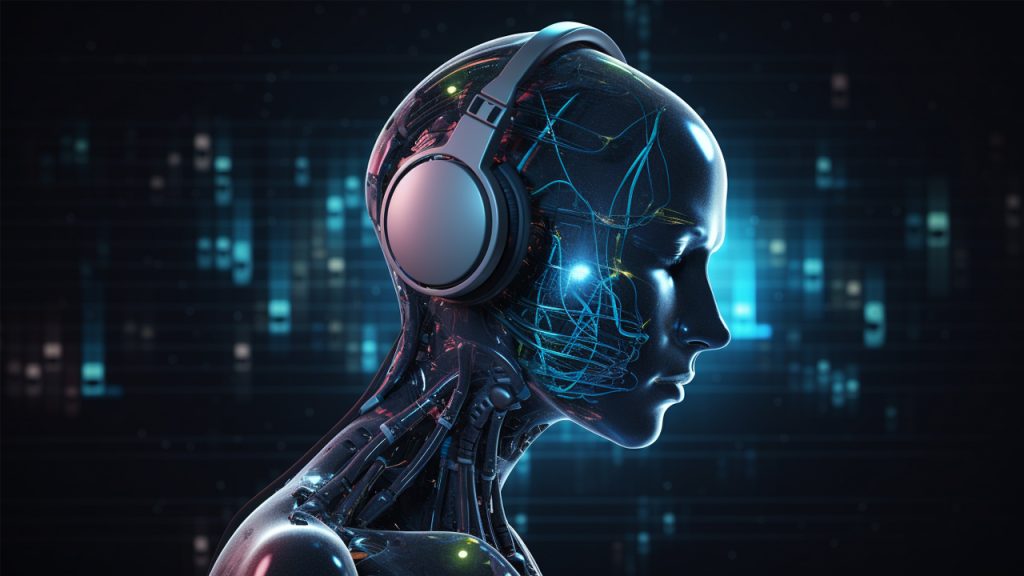







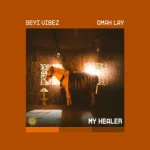




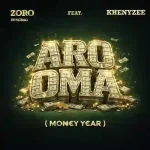
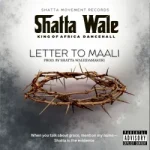
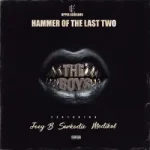
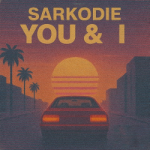
![Sarkodie – You & I [Remix] ft. Olivetheboy Sarkodie – You & I [Remix] ft. Olivetheboy](https://trendyhiphop.com/wp-content/uploads/2025/12/Sarkodie-You-I-Remix-artwork-150x150.jpg)















Leave a Reply